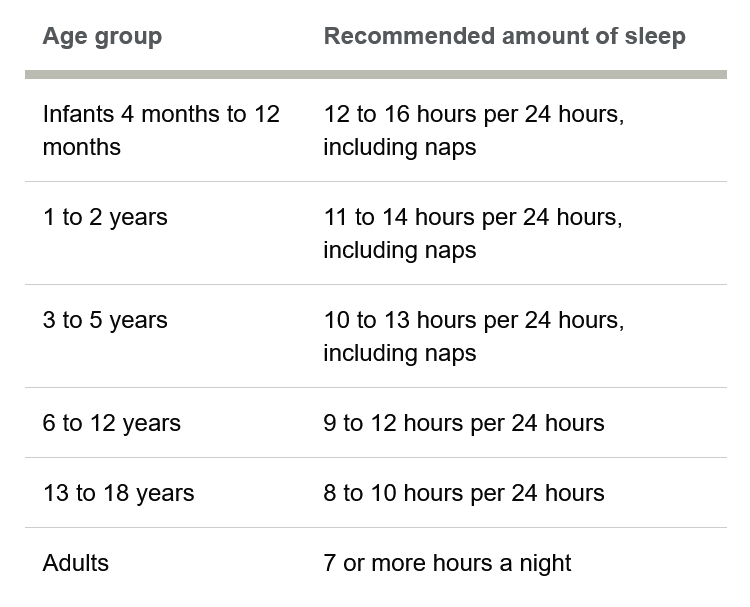Sleep Tips - How to get a Good Nights Rest and a Deep Sleep
- Theresa Carlstedt
- Jul 25, 2024
- 4 min read
Sleep and Overall Health
Sleep plays a crucial role in overall health, impacting more than just how tired we feel. The recent Shaklee U.S. Health and Wellness Study highlighted the following concerning statistics among millennials:
60% have trouble falling asleep at night
51% wake up multiple times during the night
25% take 30 minutes or more to fall asleep
83% have tried different strategies to improve sleep
While occasional sleeplessness is generally not harmful, a chronic lack of 7 to 8 hours of quality sleep can significantly impact your health in negative ways, such as:
Long-term sleep deprivation can result in weight gain.
Insufficient sleep may exacerbate mood issues and anxiety, leading to increased substance abuse among those who consistently lack sleep.
Individuals with poor sleep habits are 2 to 4 times more likely to experience workplace or motor vehicle accidents compared to good sleepers.
Those who struggle with sleep tend to experience decreased work performance, reduced focus, and a higher likelihood of missing work.
Tips for helping to get a good nights sleep
Follow proper sleep hygiene practices. It is recommended to establish a consistent bedtime and wake-up time daily. Allocate at least 30 minutes (ideally an hour) before bedtime for relaxation activities such as reading or quiet contemplation. Lower the ambient lighting and power down all electronic devices, such as the TV, computer, and phone, at least one hour before bedtime.
Avoid caffeine. Make sure to avoid consuming caffeine at least six hours before going to bed. Keep in mind that even chocolate and decaffeinated coffee have a low level of caffeine which could disrupt your sleep if you are sensitive to it. Consider opting for herbal teas that are caffeine-free if you enjoy a warm drink before bedtime.
Refrain from consuming alcohol. Although alcohol may induce drowsiness and is sometimes used to aid sleep, it frequently leads to disturbances during the night. Alcohol can also result in more frequent trips to the bathroom, potentially disrupting your sleep. It is advisable to cease alcohol consumption at least three hours prior to bedtime.
Physical Activity. When your body is fatigued, your mind will have an easier time unwinding. While any form of exercise can be beneficial, strenuous physical activity is often cited as the most effective for enhancing sleep quality.
Enhance Your Sleep Naturally - We recommend Shaklee's products and ingredients for their superior quality and proven clinical results, surpassing organic standards.
Various nutritional and herbal options are available to aid in improving sleep:
Calcium and magnesium are essential minerals that can help induce a sense of calmness and relaxation in the brain and body. Individuals experiencing frequent awakenings during the night may find it beneficial to take a calcium and magnesium supplement approximately an hour before bedtime.
Chamomile, an herb with a long history of promoting tranquility, has been shown to assist in enhancing sleep quality, particularly in aiding the process of falling asleep.
L-theanine, an amino acid present in green tea, plays a role in soothing the brain to facilitate better sleep.
Valerian, an herbal root traditionally used for its calming properties, can help relax the brain and induce feelings of tiredness.
Melatonin, a hormone naturally produced by the body to regulate the sleep-wake cycle, is influenced by darkness to prepare the body for sleep. Melatonin is also available in supplements such as Dream Serene™, a unique formula containing melatonin along with a proprietary blend of valerian extract, lemon balm extract, and L-theanine to support more restful sleep.*
Ensuring an adequate amount of sleep is crucial for your well-being. Focus on improving your sleep habits, steer clear of caffeine and alcohol, and opt for natural remedies when necessary.
How much sleep do you need by age? Here is the recommended amounts by Eric J. Olson, M.D.
Pregnancy and PostPartum
Sleep is important especially for a new mother. As the hormones are changing and can cause a fluctuation in moods, sleep routine, and extra stress try to set a feeding schedule, look for a clinically proven nutrition products especially protein as this will help Mom and Baby sleep better and for Mom better energy as well. Let your family help. If someone can stay and help with the baby throughout the day or night let them. For a new Mom try to get as much sleep and rest as you can in the first 3 weeks. This will help your body recover and your body to heal.
With age comes a change to sleep patterns as well. As the body ages different factors may start to affect the body such as health issues, lack of exercise, and a life of poor diet choices. There are patterns that can be set to improve not only health but a good sleep as the body ages. They are but not limited to:
Workout Routine - especially swimming, walking, and weights
Healthy Diet - eating 6 servings of vegetables a day and more white meats
Removing processed foods from diet - microwave meals and fast food restaurants
Water - Drinking 6 - 8 glasses of of 8oz water a day will help with cleansing, detoxing, and sleep
Good Nutrition and Protein - As the body ages scientists have found that the body needs more protein not less to keep the muscles and bones from losing density and strength.
Be around kids. Grandparents who spend time with kids have been found to have a better mental state overall, physically more active, positive mood, and better sleep. There are options of volunteering at schools and day cares if one does not have children or grandchildren.
Hope this helps and wishing you a deep restful nights sleep!
Theresa
These statements have not been evaluated by the Food and Drug Administration. This information is not intended to diagnose, treat, cure or prevent any disease.
Sources:




Comments